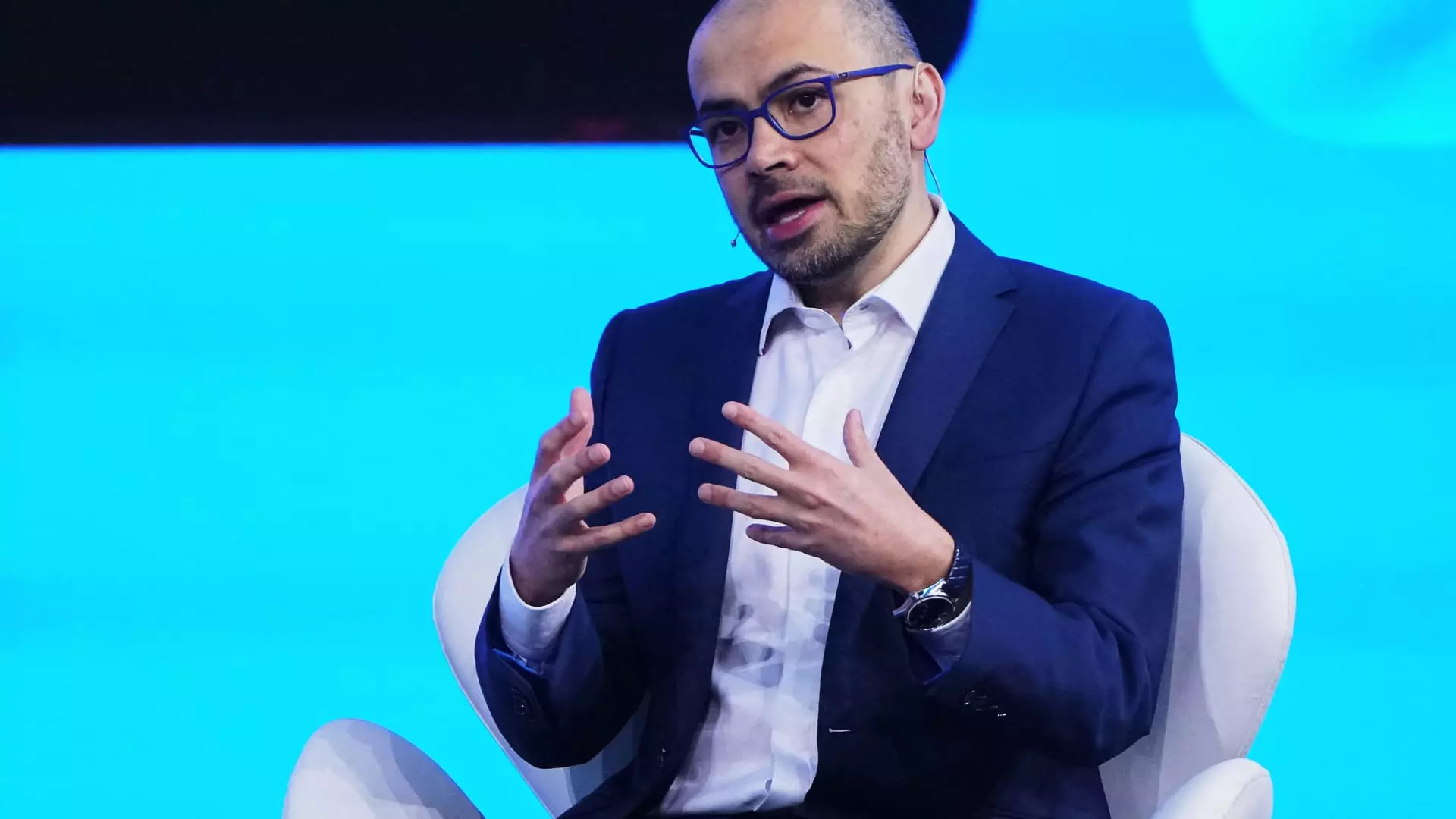The world of artificial intelligence (AI) is rapidly changing, with companies across the globe racing to push the boundaries of what these technologies can accomplish. A recent development involving a new AI model from China-based Deepseek has stirred significant conversation around cost, efficiency, and the future of AI infrastructure. During a Google-hosted event in Paris, Demis Hassabis, the CEO of Google DeepMind, weighed in on this subject, presenting a critical analysis that balances admiration for innovation with caution about hype.
Deepseek’s Model: Admired Yet Questioned
Demis Hassabis described Deepseek’s recent AI model as possibly the most impressive work emerging from China, underscoring that this model has potential importance in the global AI landscape. Despite his praise, Hassabis steered clear of endorsing it as a groundbreaking scientific advancement. In a field that thrives on innovation, he articulated a clear distinction between impressive engineering and true scientific progress. The underlying techniques utilized by Deepseek are not new, as Hassabis pointed out, suggesting that the model primarily represents effective engineering rather than any revolutionary scientific discovery.
The excitement generated by Deepseek’s recent research paper, which claimed it developed its AI model at a fraction of the cost of leading AI competitors, has been palpable enough to trigger a sell-off in global markets. This raises concerns about the sustainability of large tech companies’ investments in AI infrastructure. Hassabis’s insightful remarks offer a sobering reminder that while Deepseek has made strides, the expectations placed upon it may be inflated.
One of the remarkable aspects of the announcement was its claim about cost efficiency—an assertion many experts have deemed questionable. Critics argue that while Deepseek occupies a different cost bracket in terms of its hardware and operational expenditures, the assertion that it operates with lower costs than major industry players like Google and OpenAI is dubious. If the development costs are indeed higher, as some analysts suspect, this casts doubt on the long-term viability and sustainability of Deepseek’s model. Therefore, it becomes essential to scrutinize such claims while maintaining an open mind regarding their engineering accomplishments.
In an environment where every advancement in technology carries geopolitical weight, the implications of these developments extend well beyond the realm of technology. The rivalry in AI capabilities is increasingly perceived through a nationalistic lens, where innovation becomes integral to national power.
One of the focal points of Hassabis’s commentary was the ongoing discourse surrounding artificial general intelligence (AGI)—systems that surpass human cognitive abilities. His assertion that we may only be five years away from achieving AGI sheds light on the fervent anticipation woven into the fabric of the AI community. This anticipated breakthrough is accompanied by pressing societal considerations.
While some industry leaders, including Sam Altman of OpenAI, express growing confidence in our path towards AGI, they simultaneously recognize the precariousness surrounding its implementation. The more we veer towards developing systems that possess human-like cognitive capabilities, the more imperative it becomes to navigate potential pitfalls, such as loss of control over these intelligent systems.
Concerns voiced by noted AI scientists like Max Tegmark and Yoshua Bengio are significant, highlighting fears that humanity might inadvertently cede control over its own creations. As we delve deeper into the age of advanced AI technologies, ensuring that these innovations serve humanity’s best interests should be of paramount importance.
The remarks made by Demis Hassabis during the Google-hosted event serve as both a celebration of human ingenuity and a call for caution in our pursuit of AI advancements. While companies like Deepseek challenge traditional norms, the distinctions between engineering and scientific originality cannot be glossed over. As the debate regarding AGI continues to evolve, so too must our understanding of the responsibilities that come with such powerful technologies. The interplay between technological progress and societal readiness will dictate whether emerging AI models are leveraged for the collective good or whether they become a source of division and risk. As we stand on the brink of this new frontier, vigilance and foresight are crucial in shaping a future that benefits societies worldwide.

